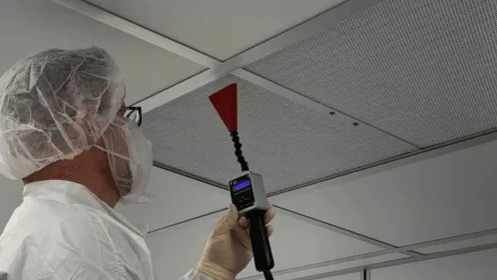HEPA Filter Basics
HEPA filters are part of our everyday life. These filters are essential to anything that provides air quality improvement—think household vacuums, inside our cars, and especially indoor spaces with high foot traffic. This is because HEPA filter design reduces dust, pollen, mold, bacteria, and common-size airborne particles. The less we are exposed to these particles, the better it is for our overall health, particularly in close quarters.
Generally speaking, filters improve air quality in any environment. But not all HEPA filters have the same level of filtration. For instance, vacuum filters can only do so much, and HVAC systems with basic filtration capture macro particles while allowing smaller particles to skate through. In contrast, specifically designed spaces require an efficiency rating of 99.9XX percent or better, capable of filtering particles as small as 0.3 micron (in comparison, a single red blood cell is about 7 to 8 microns). Pharmacies that have a compounding cleanroom and ISO Class 5 devices require this level of HEPA filtration! Read More >








